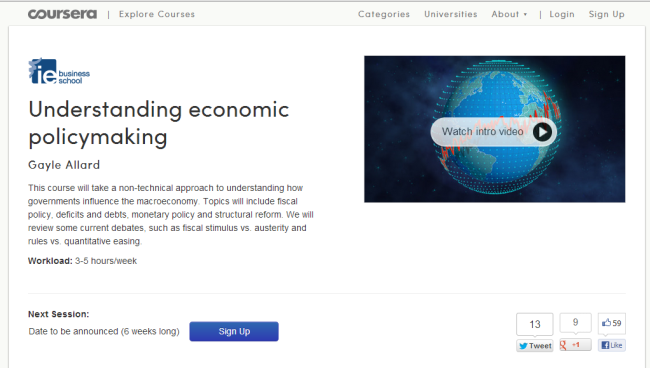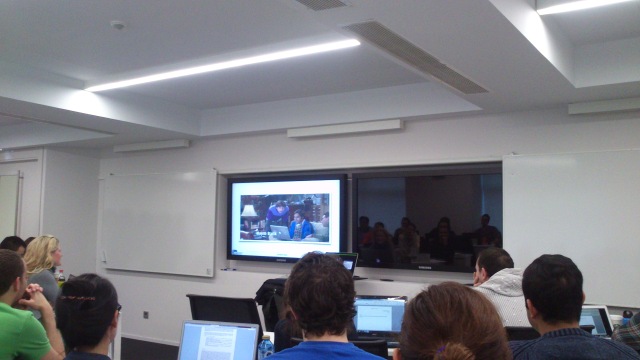When I first heard about Evernote about a year ago, I thought it would be the perfect thing for me. As someone who is constantly searching for information online (only to misplace it later) this app seemed like my savior – a way to organize my own thoughts into a coherent narrative.
But, the truth is that life just isn’t that simple – Evernote is not just an app, it is a discipline, and as in any discipline, you have to train yourself to be effective. Unfortunately, that is exactly opposite of what I expected, because call me lazy, but I expected it to be a completely intuitive out-of-the box app. I wanted something that would force me into organizing my thoughts.
What I got was another repository for my data, another place along with my Google Docs, Microsoft One Note (which seems to work better for me), my Chrome bookmarks, my Dropbox, and of course, all my other Office necessities.
So, where did our relationship go sour?? Well, to start with, I love the fact that I can tag anything and find it later on Evernote, BUT what I really need is someone to remind me to search for those tags later. For example, I have a nice little task app for my phone called Astrid tasks that likes to remind me when there is someone who called who I may want to call back, or whether I want to create a checklist for a scheduled meeting.
The second thing I would like is SUPER-ULTRA-UNBELIEVABLE cross-platform synchronization. Yes, Evernote, I welcome you to snoop through all of the documents on my computer and index my deepest darkest data, then organize it into nice little categories. Finally, when I am working on Word or Excel or writing and e-mail and happen to type a certain keyword, you would look over my shoulder and remind me that I have lots of relevant information on that subject. Is that too much to ask? After all, what I am seeking is that killer app that will actually complete my thought process and make sense of it all.
In a sense, Evernote kind of reminds of the kettlebell exercise method. How’s that you say? Well, a couple of months ago a good friend and workout fanatic offered to teach me an amazing new exercise technique that he hadd certified in that uses kettlebell weights, a technique apparently developed by an Russian Ex-commando. It only took 10 minutes twice a week. That was all a known exercise hater such as myself needed to hear. But herein lies the small print.
How long does it really take to get to that 10 minute workout? Since the exercise depends on very exact motions and posture so as not to damage your back, it takes many many many boring repetitions to train yourself to perform the movements properly, and then and only then can you get into that wonderful twice a week 10 minute routine. The mind-numbing repetition nearly caused me to lapse into zombie-ism.
The point that I am trying to make is that Evernote is lovely if you enjoy organizing things, putting them into neat little boxes for safe-keeping, and then gently taking those things out, returning them when you are done. What I need is a robot that picks up all those things that I have left strewn about fold and organize them and put them in boxes all on its own.
I haven’t yet given up on Evernote. In fact, I just recently re-installed it, but then again, I also haven’t given up on the kettlebell – I’ll go back to it… someday!



